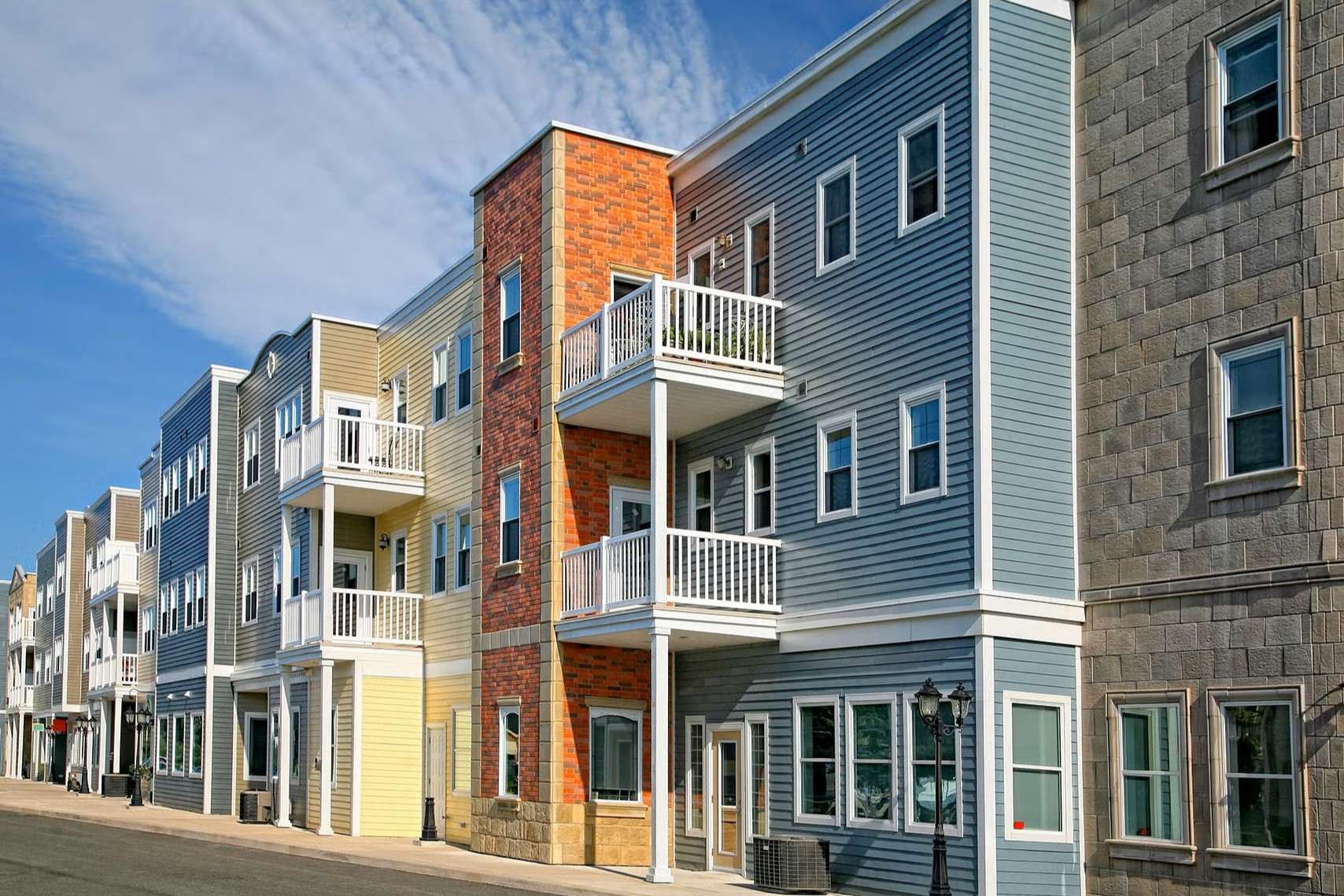
Affordable housing is a hot topic these days. But what exactly does it mean? Affordable housing refers to homes that are reasonably priced, making them accessible to people with lower incomes. It's not just about cheap rent; it's about creating communities where everyone can thrive. From government programs to non-profit initiatives, many efforts aim to make housing more affordable. Why is this so important? Because having a safe, stable place to live impacts everything from health to education. Affordable housing isn't just a buzzword; it's a necessity for a balanced society. Ready to learn more? Let's dive into 20 facts that will give you a clearer picture of this crucial issue.
What is Affordable Housing?
Affordable housing refers to housing units that are affordable by that section of society whose income is below the median household income. These homes are essential for ensuring everyone has a safe place to live. Here are some interesting facts about affordable housing.
-
Affordable housing is defined by cost. Housing is considered affordable if it costs no more than 30% of a household's gross income. This includes rent or mortgage payments, utilities, and other housing-related expenses.
-
Government programs support affordable housing. Programs like Section 8 in the United States provide vouchers to low-income families, helping them pay for housing in the private market.
The Importance of Affordable Housing
Affordable housing plays a crucial role in the well-being of communities and individuals. It impacts health, education, and economic stability.
-
Improves health outcomes. Stable, affordable housing can reduce stress and improve mental health. It also allows families to afford better healthcare and nutritious food.
-
Boosts educational performance. Children in stable housing are more likely to succeed in school. Frequent moves can disrupt their education and social development.
-
Economic benefits. Affordable housing can stimulate local economies by increasing disposable income for other necessities and services.
Challenges in Affordable Housing
Despite its importance, there are significant challenges in providing affordable housing to those in need.
-
High construction costs. Building new affordable housing units can be expensive due to land, materials, and labor costs.
-
Zoning laws. Some areas have restrictive zoning laws that limit the construction of affordable housing units.
-
NIMBYism. "Not In My Back Yard" attitudes can hinder the development of affordable housing in certain communities.
Affordable Housing Around the World
Different countries have unique approaches to affordable housing, reflecting their economic and social contexts.
-
Singapore's public housing. Over 80% of Singapore's population lives in government-built flats, making it one of the most successful public housing programs globally.
-
Germany's rent control. Germany has strict rent control laws that help keep housing affordable for its residents.
-
Brazil's Minha Casa Minha Vida. This program aims to provide affordable housing to millions of low-income families across Brazil.
Innovations in Affordable Housing
Innovative solutions are being developed to address the affordable housing crisis.
-
Tiny homes. These small, efficient homes are an affordable option for many people, reducing both construction and living costs.
-
Modular housing. Prefabricated homes can be built quickly and cheaply, providing a scalable solution to housing shortages.
-
Community land trusts. These nonprofit organizations buy land and lease it to low-income families, ensuring long-term affordability.
The Role of Nonprofits and Private Sector
Nonprofits and private companies play a significant role in providing affordable housing.
-
Habitat for Humanity. This nonprofit builds and renovates homes for low-income families, relying on volunteer labor and donations.
-
Private developers. Some private companies specialize in building affordable housing, often in partnership with government programs.
Future of Affordable Housing
The future of affordable housing will likely involve a mix of traditional and innovative approaches to meet the growing demand.
-
Green building practices. Sustainable building methods can reduce long-term costs and environmental impact, making housing more affordable.
-
Technology integration. Smart home technology can improve energy efficiency and reduce utility costs for residents.
-
Public-private partnerships. Collaborations between governments, nonprofits, and private companies can pool resources and expertise to create more affordable housing options.
-
Policy changes. Reforms in zoning laws, tax incentives, and funding can make it easier to build and maintain affordable housing.
Affordable Housing Matters
Affordable housing impacts everyone. It provides stability, improves health, and boosts the economy. Families with access to affordable homes can spend more on food, healthcare, and education. This leads to healthier, more educated communities.
Affordable housing also reduces homelessness. When people have a safe place to live, they can focus on finding jobs and improving their lives. It’s a win-win for society.
Governments and organizations must continue to invest in affordable housing. It’s not just about building homes; it’s about building futures. By supporting affordable housing, we create stronger, more resilient communities.
Let’s remember the importance of affordable housing. It’s a key part of a thriving society. Everyone deserves a safe, affordable place to call home. Let’s work together to make that a reality for all.
Was this page helpful?
Our commitment to delivering trustworthy and engaging content is at the heart of what we do. Each fact on our site is contributed by real users like you, bringing a wealth of diverse insights and information. To ensure the highest standards of accuracy and reliability, our dedicated editors meticulously review each submission. This process guarantees that the facts we share are not only fascinating but also credible. Trust in our commitment to quality and authenticity as you explore and learn with us.
